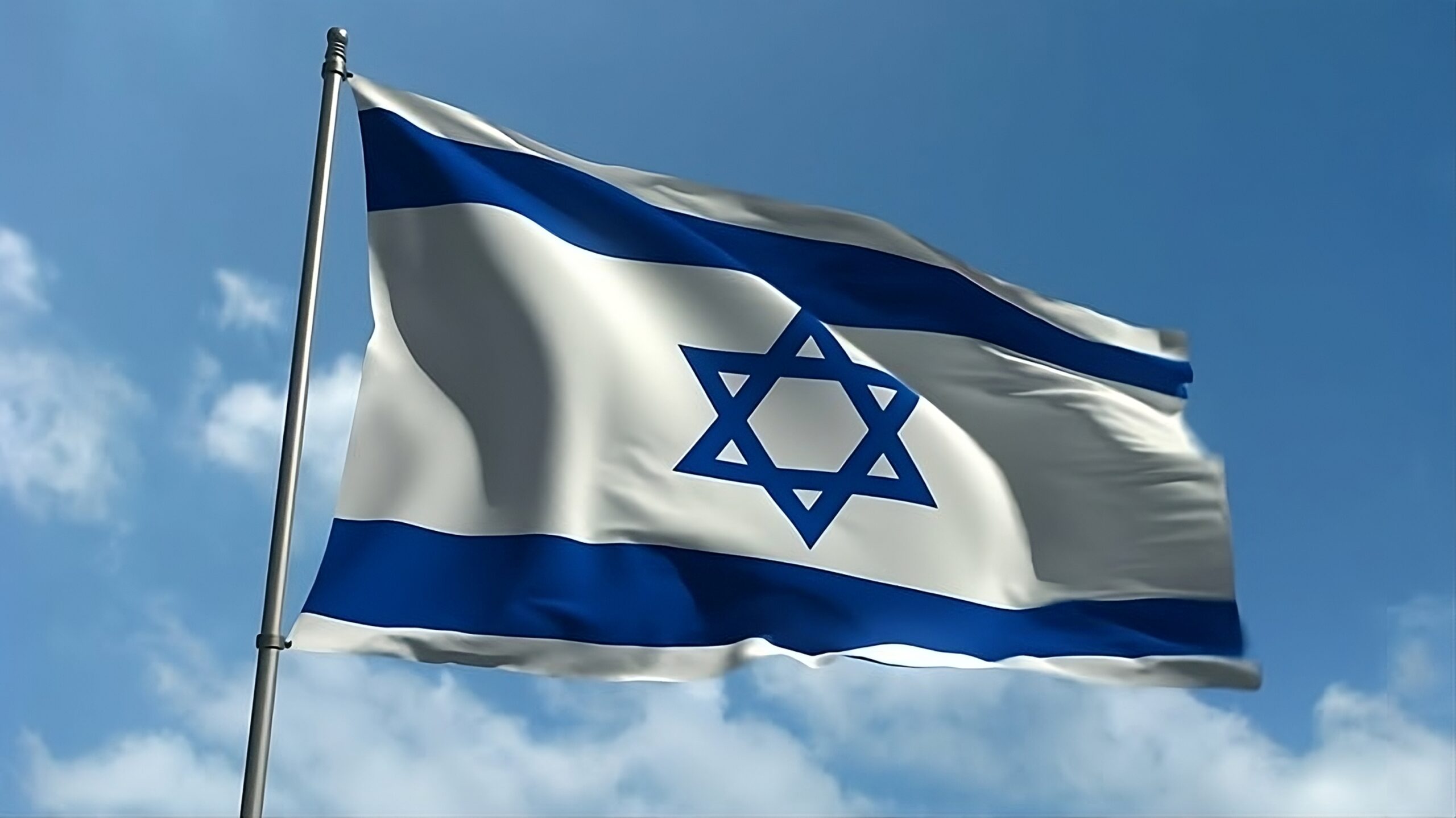Zionism: A 3,000-Year-Old Dream of Jewish Self-Determination

Zionism, a term that has been the subject of much debate, controversy, and misunderstanding, is at its core the belief in and support for the Jewish people’s inalienable right to self-determination and sovereignty in their ancestral homeland, Israel. This article seeks to provide a comprehensive, balanced, and historically accurate understanding of Zionism for both Jewish and non-Jewish readers, clarifying misconceptions and fostering a more informed dialogue.
The connection between the Jewish people and the land of Israel is not a modern invention but rather a 3,000-year-old bond that is deeply rooted in Jewish history, religion, and culture. From the time of the biblical patriarchs and matriarchs, through the reign of King David and the construction of the First and Second Temples in Jerusalem, the Jewish people have maintained a continuous presence in their homeland, even in the face of numerous challenges and exiles.
This enduring connection is evident in Jewish religious texts, such as the Torah and the Talmud, which contain countless references to the centrality of the land of Israel in Jewish life and thought. The daily prayers, the direction of prayer towards Jerusalem, and the phrase “Next Year in Jerusalem” recited at the end of the Passover Seder and Yom Kippur services all attest to the eternal bond between the Jewish people and their ancestral homeland.
Throughout the centuries, even when the majority of Jews lived in the diaspora, they never lost their attachment to the land of Israel. This longing for Zion is reflected in Jewish literature, art, and music, from the biblical Psalms to the works of Yehuda Halevi and other Jewish poets and thinkers.
The modern Zionist movement, which emerged in the late 19th century, was not a colonial enterprise, as some critics claim, but rather a response to the urgent need for a safe haven for the Jewish people in the face of rising anti-Semitism and persecution. Theodor Herzl, the father of modern Zionism, envisioned a Jewish state where Jews could live freely and securely, no longer subject to the whims of hostile governments and societies.
It is crucial to understand that Zionism is not a monolithic ideology but rather a diverse movement encompassing a wide range of political, cultural, and religious perspectives. From the socialist Zionism of the early kibbutz movement to the religious Zionism of Rabbi Abraham Isaac Kook, and from the revisionist Zionism of Ze’ev Jabotinsky to the cultural Zionism of Ahad Ha’am, Zionists have debated and continue to debate the means and ends of Jewish self-determination in Israel.
Despite this diversity, the core principles of Zionism remain focused on ensuring the safety, security, and flourishing of the Jewish people in their ancestral homeland. Many Zionists, across the political and ideological spectrum, have advocated for coexistence, equality, and mutual respect between Jews and Arabs in the region.
It is essential to dispel common misconceptions about Zionism. Contrary to some claims, Zionism is not inherently racist or discriminatory towards non-Jews. In fact, Israel’s Declaration of Independence explicitly guarantees “complete equality of social and political rights to all its inhabitants irrespective of religion, race or sex.” Moreover, the characterization of Zionism as a form of colonialism or apartheid is inaccurate and fails to acknowledge the indigenous connection of the Jewish people to the land of Israel and their continuous presence there throughout history.
The establishment of the State of Israel in 1948, following the United Nations Partition Plan, was a momentous event in Jewish history, marking the first time in nearly 2,000 years that the Jewish people had a sovereign state of their own. However, the complex realities of the region, including the competing claims to the land and the displacement of Palestinian Arabs during the 1948 Arab-Israeli War, have led to ongoing conflicts and challenges that continue to this day.
To work towards a just and lasting resolution to the Israeli-Palestinian conflict, it is essential to engage in a nuanced and thoughtful discussion that acknowledges the legitimate aspirations and narratives of both peoples. This requires a commitment to dialogue, compromise, and the pursuit of creative solutions that respect the rights and dignity of all involved. Such solutions could include the establishment of a viable Palestinian state alongside a secure Israel, the implementation of confidence-building measures to foster trust and cooperation, and the promotion of grassroots initiatives that bring Israelis and Palestinians together to build bridges of understanding and peace.
Criticism of specific Israeli government policies or actions should not be conflated with anti-Zionism or anti-Semitism, as long as such criticism is based on factual evidence and does not seek to delegitimize the fundamental right of the Jewish people to self-determination.
In conclusion, Zionism is the expression of the Jewish people’s age-old dream of self-determination and the right to live freely in their historical homeland. It is a complex and multifaceted concept that is rooted in Jewish history, religion, and culture, and one that continues to shape Jewish identity and the geopolitical landscape of the Middle East. To truly understand Zionism, one must approach it with an open mind, a willingness to engage with the full scope of Jewish history and experience, and a commitment to building bridges of understanding and peace between all peoples in the region. By doing so, we can work towards a future in which Israelis and Palestinians, Jews and Arabs, can live side by side in peace, security, and mutual respect.
